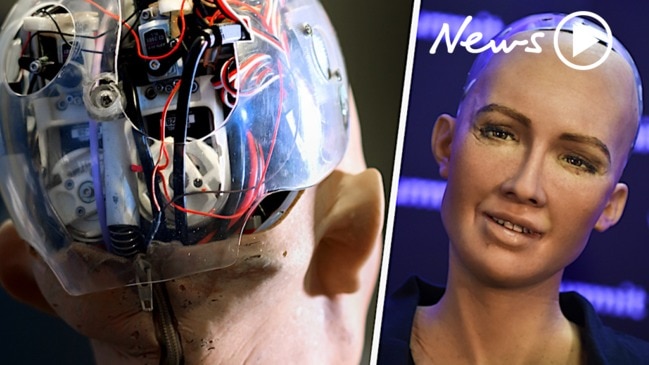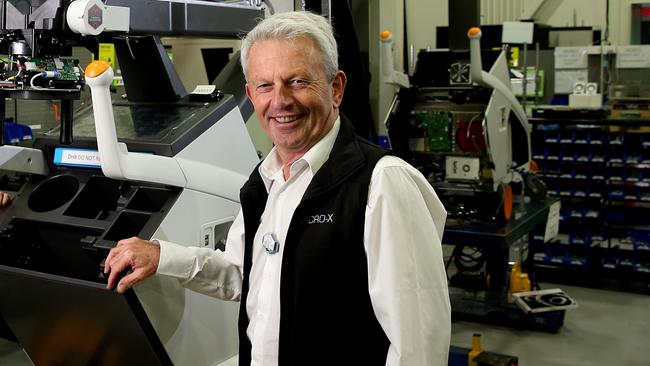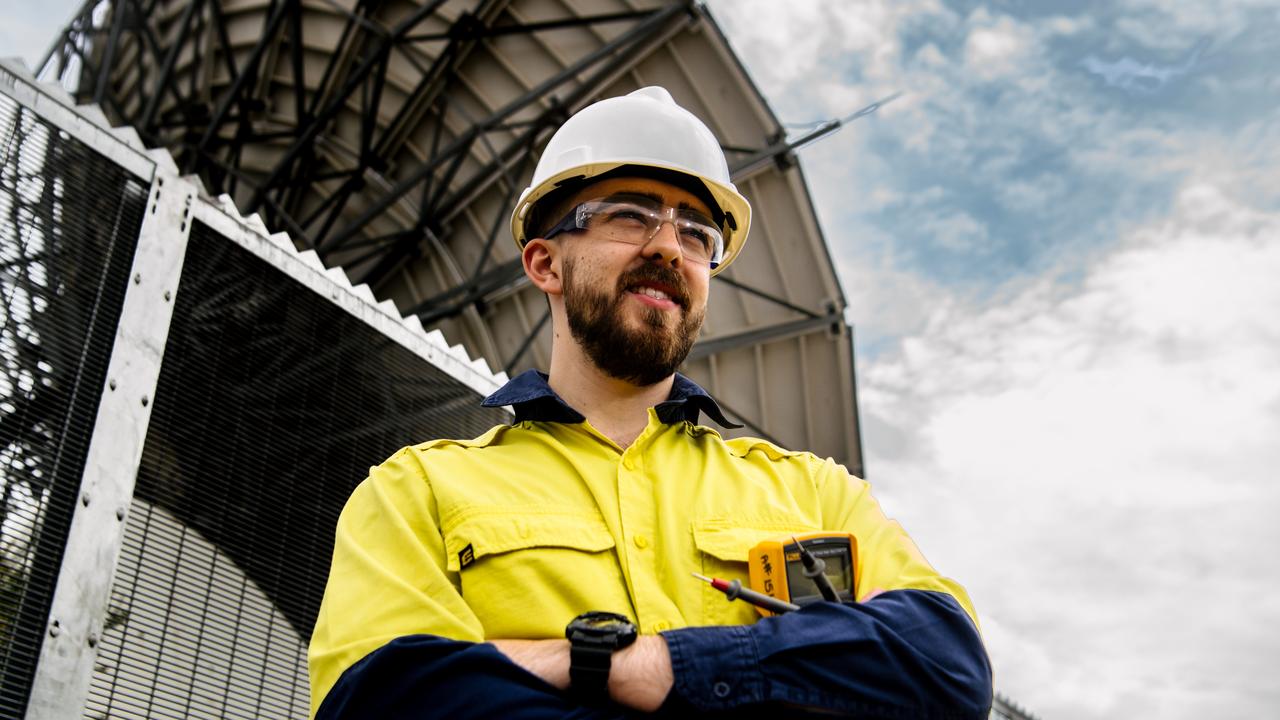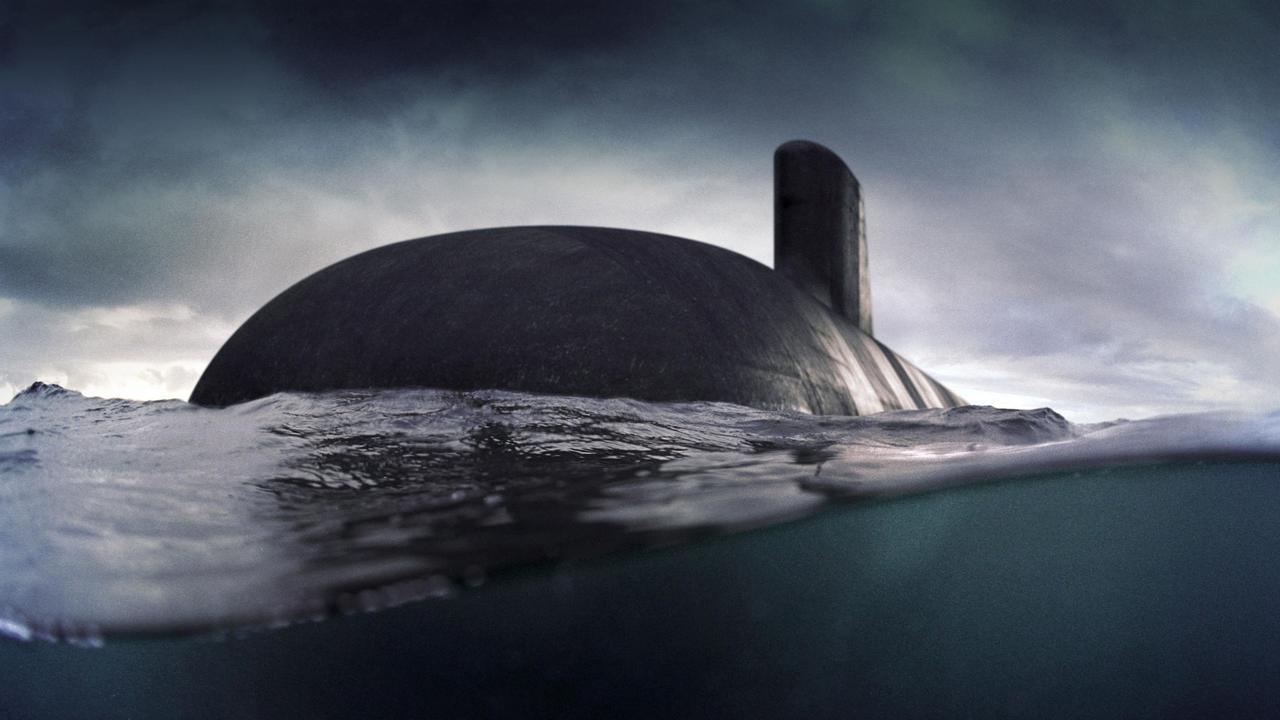SA’s Micro-X to team up with Thales for global defence, security imaging systems
An SA company’s “Superman vision” imaging technology that can be used to identify improvised bombs has won support from French defence giant Thales.

Jobs SA
Don't miss out on the headlines from Jobs SA. Followed categories will be added to My News.
- Defence the next big frontier for Micro-X
- Micro-X doubles workforce at Tonsley
- Expansion grant for Micro-X
A South Australian company’s “Superman vision” imaging technology that can save lives globally, especially of those in defence and security forces, has won the backing of French giant Thales.
Australian sharemarket-listed Micro-X, based at Tonsley, has signed multiple contracts as part of a new alliance with Thales Group, a multibillion-dollar giant with interests in aerospace, defence, transport and security technology.
Micro-X has developed revolutionary carbon nanotube X-ray systems, making them lightweight and adaptable for use across different industries, including in hospitals and in defence situations.
Working with Australian, US and UK defence personnel as well as police and security personnel, Micro-X has developed a prototype of a “stand-off” X-ray system — the Mobile Backskatter Imager — to assess improvised explosive devices (IED).
Robots carrying the imager can inspect suspicious packages for bombs and explosives, allowing security forces to monitor the situation from a distance.
It would also help personnel, safely and quickly scan abandoned backpacks and belongings in the aftermath of a terrorist attack.

The imaging system also has application during security screening and checks at airports.
Thales has committed to a $10 million investment in Micro-X’s X-ray tube technology to develop more products over six years through a convertible bond.
It will also collaborate on global sales and support of Micro-X’s IED imager.
The deal is subject to approval from the Foreign Investment Review Board, which will be sought in the next few weeks.
Micro-X managing director Peter Rowland, who has worked in defence and medical technology in Europe and Australia, said it was an exciting time for the company that is looking to double capacity at Tonsley.
“We are developing cutting-edge products by listening to the voice of our customers.
“Our Super-Man (the fictional’s hero’s X-ray-like) vision system for IEDs has come as a result of working with defence in Australia as well as counter-terrorism experts globally.
“Collaborations and conversations world over are unlocking the huge potential for this technology,” he said.
“As Thales said in their comments, this is just the beginning. A mixture of what we have and what Thales has will bring forth some amazing technologies and products,” he told The Advertiser.
Thales was unequivocal in its praise for what Micro-X has developed.
“This is just the beginning,” said Jean-Jacques Guittard, Thales’ vice-president of microwave and imaging subsystems.
“From airport checkpoints to counter terrorism activities to future medical imaging devices, Thales and Micro-X are on the edge of a historically decisive moment.
“Like those Silicon Valley pioneers in the 70s, we are at the birth of a new technology evolution. CNT (carbon nanotubes) is a game changer in so many fields but none offer such practical and quantifiable benefits as in the X-ray imaging market.
“In addition to these high-tech synergies and as a major player in the digital domain, this partnership will give us a technological leap none else can offer,” he said.
Mictro-X employs 40 staff at Tonsley — and will hire another 10 by the end of the year for research and development.
More jobs are likely to be created at Tonsley within two years when full scale production of IED imagers is expected to begin.
Victorian company Micro-X moved to Tonsley in 2015, supported by a $3 million loan from the previous state government.
It has since raised millions from shareholders and the Federal Advanced Manufacturing Growth Fund to fast track design and assembly of its portable X-ray devices at Tonsley.
International giant Carestream Health — part of Canada’s Onex Corporation — has partnered with Micro-X on its lightweight portable DRX -Revolution Nano Mobile X-ray systems for use in healthcare settings in the US.
Another product in the wings is a 3D brain scanner that can be fitted in ambulances, saving crucial time for patients experiencing strokes.
The carbon nanotube technology was first developed in North Carolina and Micro-X is commercialising it for medical and other devices.
Micro-X’s shares were trading more than 30 per cent higher in noon trading at 35c.



